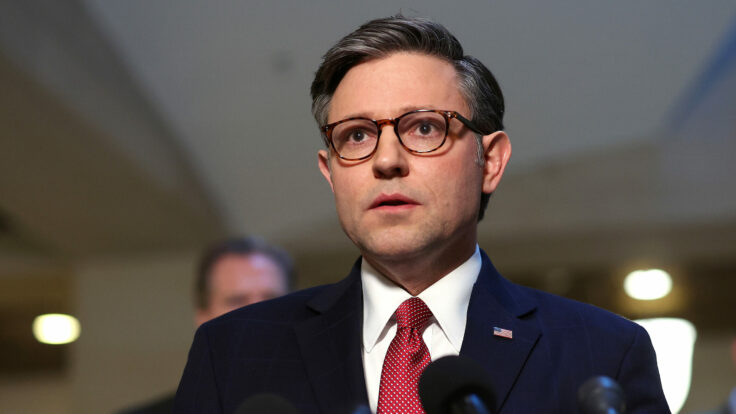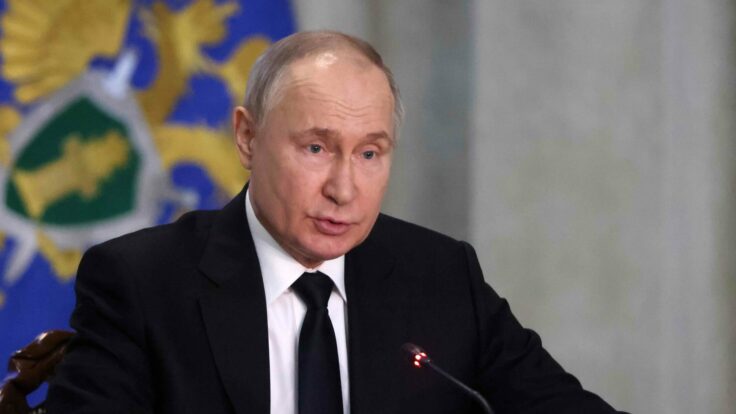Like so many other Muscovites, Katya learned about the Russian invasion of Ukraine from an early morning text. “The war has started,” a friend wrote to her at 5 a.m. on February 24. Katya, whose name I have changed to protect her identity, had a full body response. She began to shake and hyperventilate and thought, for some reason, that the bombs were about to start falling on her home in Moscow. Her husband calmed her down enough for her to go back to sleep, but in the morning, the reality struck her with renewed force.
There were rumors that Vladimir Putin would close the country’s borders and implement a draft, and Katya’s phone was full of frantic messages from friends and family who were scrambling to flee Russia. She went to a nearby hipster cafe to get coffee, and every conversation she heard there was about how to get out. She went to see her parents. Her father took her by the hand and said, “You have to leave though it is possible we will never see each other again.” A friend living in America called Katya in tears, begging her to leave Russia because she was sure there was going to be a nuclear bomb dropped on Moscow.

















